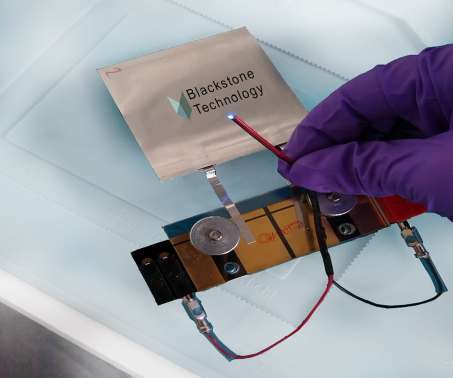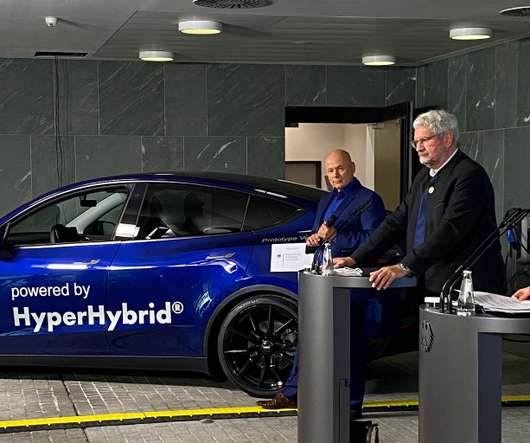Blackstone may begin commercializing 3D-printed Na-ion batteries as early as 2025; testing in electric bus
Green Car Congress
MARCH 29, 2022
Blackstone Technology GmbH may begin commercialization of 3D-printed solid-state sodium-ion batteries as early as 2025. This project is being funded by the German Federal Ministry of Economics and Climate Protection as part of its support for the battery cell manufacturing ecosystem with a total of up to €24.1












Let's personalize your content